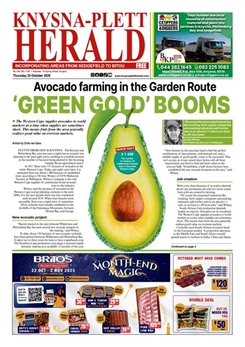The main attraction of rent-to-own is the fact that it eliminates the need for a large cash payment upfront.
“These days, 100% home loans are rare,” says Fourie, “and most prospective buyers will need to budget for a deposit as well as the normal transfer, bond and attorney fees. These upfront costs can be significant – as much as R150,000 on a R1m property – and if the buyer doesn’t have the cash on hand, the purchase simply can’t go ahead.”
More viable for a financially stable person
With rent-to-own, however, the costs are spread over a much longer period of time, making the purchase more viable for a financially stable person with limited access to immediately available capital.
“The way it normally works is the buyer and seller will sign a lease agreement that allows the buyer to live in the home, like a typical tenant, but with the intention of purchasing the property at the end of the lease,” says Fourie. “The details vary, but generally, in return for first right of refusal, an additional sum is added to the monthly rental and acts as a down-payment or a deposit towards the future purchase. This sum is often forfeited if the tenant decides not to buy the property when the lease ends, but, depending on the agreement, can count towards the purchase price if the sale goes ahead.”
Fourie stresses the importance of ensuring all these kinds of details are properly recorded on the rent-to-own agreement, as well as on the property’s title deed where appropriate.
















